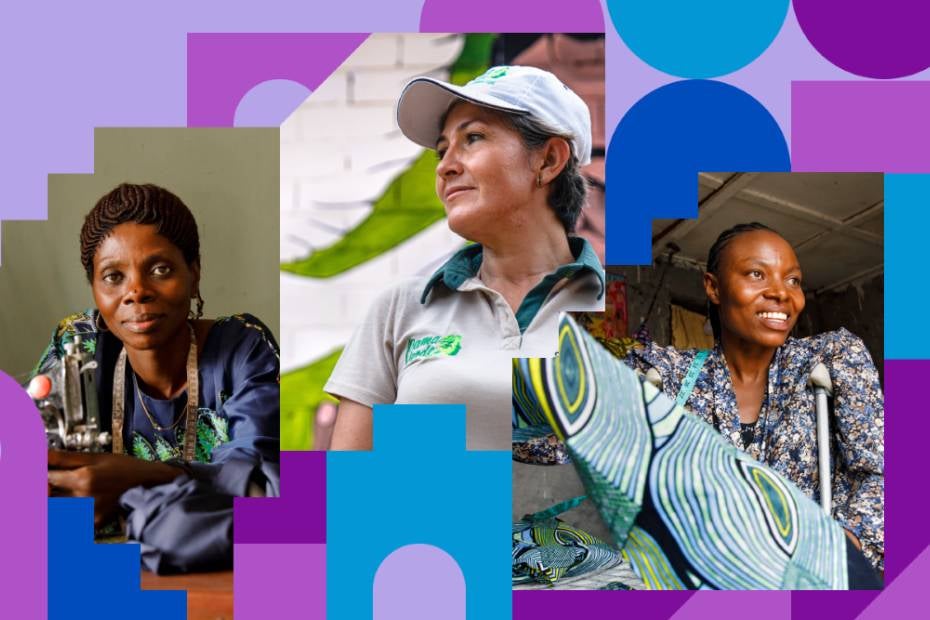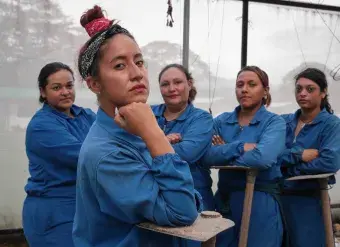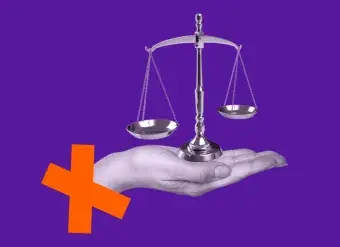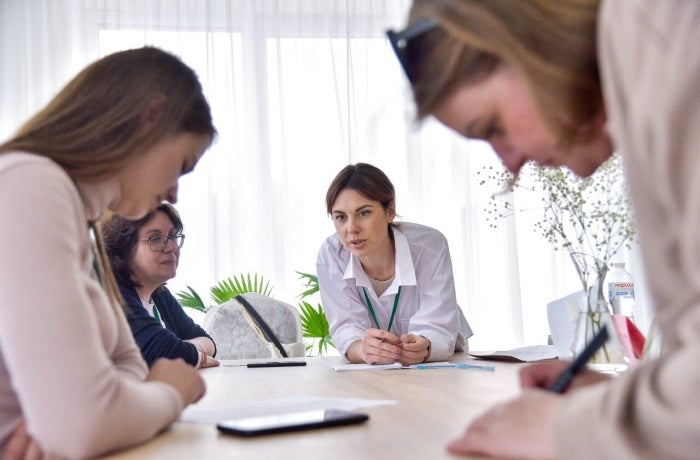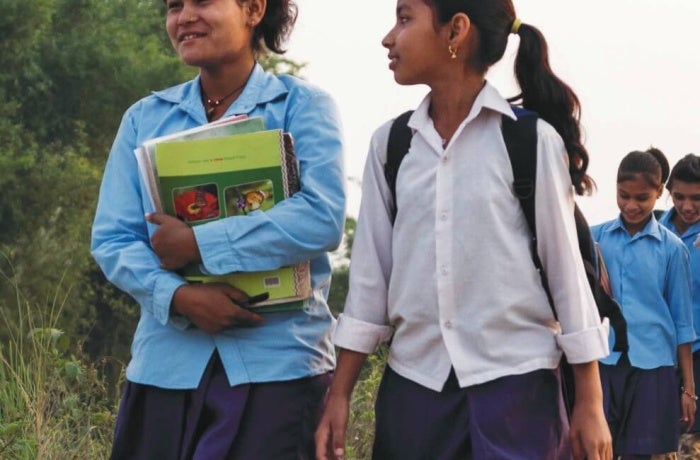International Women’s Day 2024: ‘Invest in women: Accelerate progress’
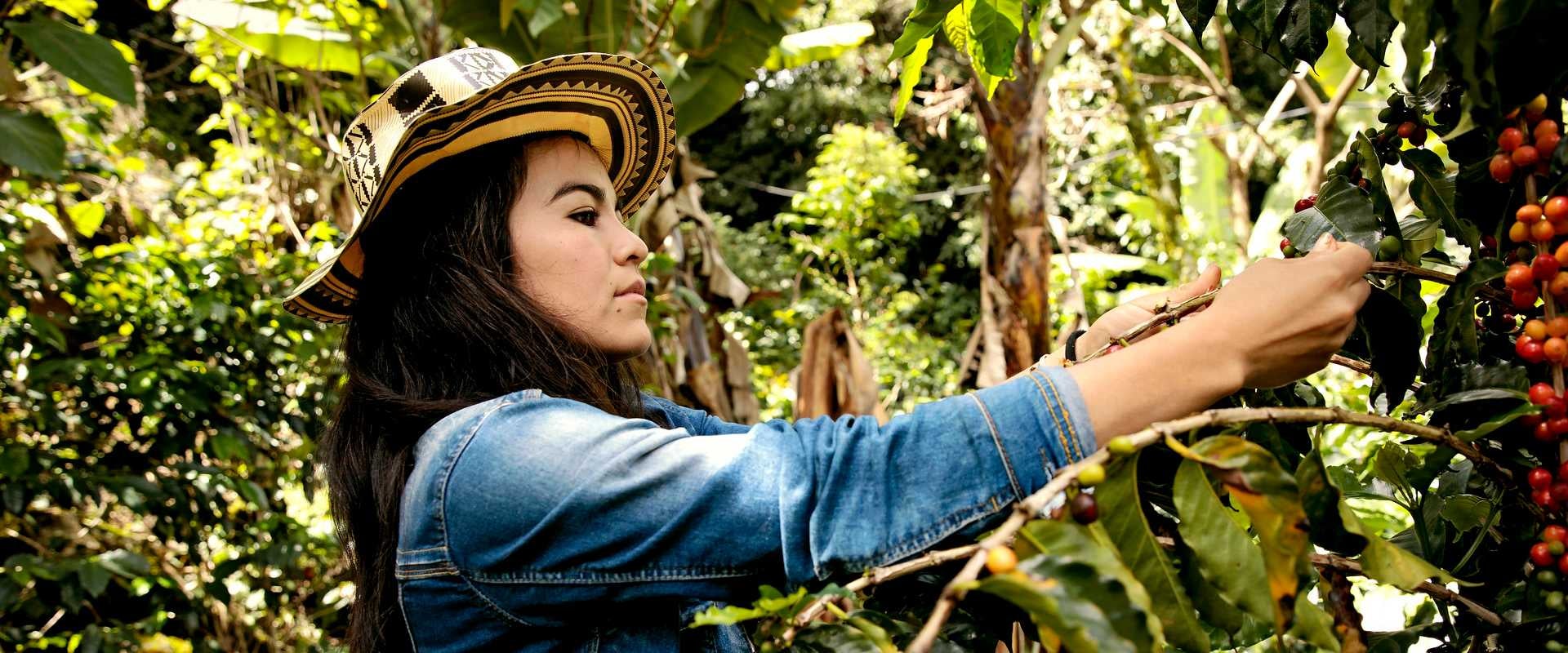
In a world facing multiple crises that are putting immense pressure on communities, achieving gender equality is more vital than ever. Ensuring women’s and girls’ rights across all aspects of life is the only way to secure prosperous and just economies, and a healthy planet for future generations.
One of the key challenges in achieving gender equality by 2030 is an alarming lack of financing with a staggering USD 360 billion annual deficit in spending on gender-equality measures.
The time for change is now! Join us on 8 March 2024 for International Women’s Day as we rally behind the call to “Invest in women: Accelerate progress”.
Take a stand and join the conversation with the #InvestInWomen hashtag. Here are five key areas that need our joint action to ensure women are not left behind:
Investing in women: A human rights issue
Time is running out. Gender equality remains the greatest human rights challenge. Investing in women is a human rights imperative and cornerstone for building inclusive societies. Progress for women benefits us all.
Ending poverty
The COVID pandemic, geopolitical conflicts, climate disasters, and economic turmoil have pushed an extra 75 million people into severe poverty, since 2020. This could lead to more than 342 million women and girls living below the poverty line by 2030, making immediate action crucial.
Implementing gender-responsive financing
Due to conflicts and rising fuel and food prices, recent estimates suggest that 75 per cent of countries will curb public spending by 2025. Austerity negatively impacts women and crowds out public spending on essential public services and social protection.
Shifting to a green economy and care society
The current economic system exacerbates poverty, inequality, and environmental degradation, disproportionately affecting women and marginalized groups. Advocates for alternative economic models propose a shift towards a green economy and care society that amplifies women’s voices.
Supporting feminist change-makers
Feminist organizations are leading efforts to tackle women’s poverty and inequality. However, they are running on empty, receiving a meagre 0.13 per cent of total official development assistance.
Get the facts
Dive into UN Women's exclusive editorial package this International Women's Day and discover the power of investing in women. Explore compelling stories, data, and strategies to drive positive change.







